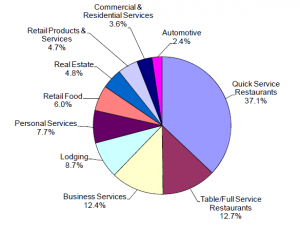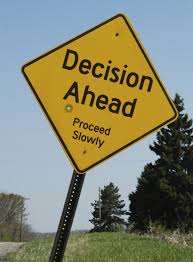As with any major purchase, especially one that will become your life’s work, perform your due diligence. Below are eight steps you need to take prior to buying a franchise:
- Make sure your own finances are in order. Franchisors will want to know that you are financially secure before awarding you a franchise.
- Carefully review the Franchise Disclosure Document (FDD). This document is a treasure chest of information about the Franchisor. Among other things, check for any litigation issues, your obligations to the franchisor and vice versa and any financing the franchisor may provide.
- Understand exactly what the franchise fee covers. Some franchise fees cover for all of the start-up costs and some exclude marketing and training. Make sure you know what you will have to pay in addition to the fees to get a good start in your business.
- Ask about support. Find out what level of support you will receive from the franchisor. Will they create ads for you? Assist you with hiring? Provide continual training?
- Talk to current franchisees. Ask them about any disputes, if the franchisor does what they say they’re going to do and how long it took them to get to their break-even point.
- Make sure there is a territorial clause in the franchise agreement you will be signing. This is defined as an exclusive territory around the business location. The agreement will specify that no other franchisee will be allowed to open in that territory. The territory could be stipulated by zip codes, the number of households in the area, highway boundaries or any number of other definitions.
- Check for the existence of franchisee advisory groups and associations. In general, franchise advisory groups are organized by the franchisor. They are comprised of franchisees and representatives of the franchisor. An association usually is independent of the franchisor. As a franchisee, you may have to pay dues to join so the group can be funded. The presence of one or both of these groups generally indicates that the franchisor welcomes input and closely listens to franchisee concerns.
- Know the franchisor. Any agreement is only as good as those who make it. Do your research on the internet and elsewhere about the franchisor. Check the franchisor’s employment history, how long they have been managing franchisees and any litigation history they may have been a party to.
Finally, consider retaining the services of an experienced franchise attorney to review the franchise agreement with you. This will help ensure you have a clear understanding of all of its contents.


